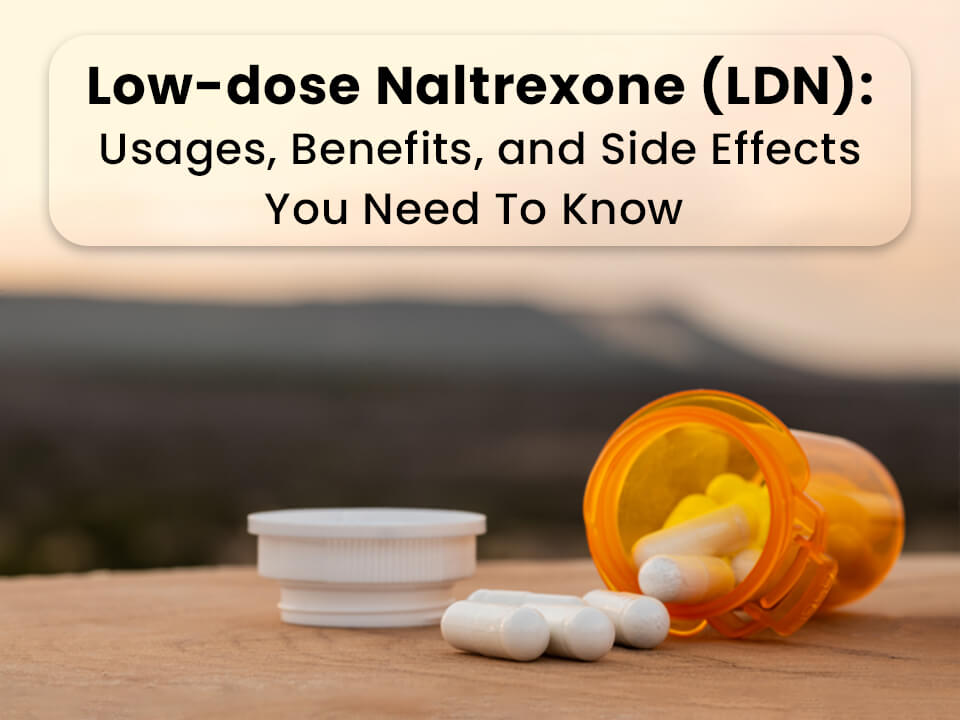Benefits of Low-Dose Naltrexone
Low dose naltLow-doseLDN) is a medication that has gained significant attention in recent years due to its potential benefits for various health conditions. In this article, we will explore the benefits of LDN and how it can positively impact your well-being.
Promotes Immune System Modulation
LDN has been found to modulate the immune system, which can have a profound impact on various autoimmune diseases. By acting on the opioid receptors in the body, LDN helps regulate the immune response, reducing inflammation and promoting a balanced immune system. This modulation can be particularly beneficial for conditions such as multiple sclerosis, rheumatoid arthritis, and Crohn’s disease.
Alleviates Chronic Pain
Chronic pain can significantly impact one’s quality of life. LDN has shown promise in providing relief for individuals suffering from chronic pain conditions such as fibromyalgia, neuropathy, and migraines. By reducing inflammation and influencing the body’s pain perception, LDN can help alleviate pain and improve overall well-being.
Supports Mental Health
LDN has also demonstrated potential benefits for individuals struggling with mental health conditions. Research suggests that LDN may help regulate mood, reduce symptoms of depression, and improve overall mental well-being. It can be a valuable adjunct to existing treatments for conditions like depression, anxiety, and post-traumatic stress disorder (PTSD).
Enhances Neurological Function
The neuroprotective properties of LDN make it a promising option for individuals with neurodegenerative conditions such as Parkinson’s disease and Alzheimer’s disease. LDN has been found to promote neurogenesis, reduce oxidative stress, and improve cognitive function. These effects can have a positive impact on overall neurological health and potentially slow down disease progression.
Supports Cancer Treatment
While LDN is not a standalone cancer treatment, it has shown potential as an adjunct therapy. LDN can enhance the effectiveness of chemotherapy, reduce side effects, and support the immune system during cancer treatment. It is important to note that LDN should be used under the guidance of a healthcare professional in the context of cancer treatment.

Low dose naltrexone (LDN) offers a range of potential benefits for individuals with various health conditions. From immune system modulation to pain relief, mental health support, neurological enhancement, and even potential adjunctive cancer therapy, LDN shows promise in improving overall well-being. If you are considering LDN as part of your treatment plan, it is crucial to consult with a healthcare professional who can guide you through the appropriate dosage and monitor your progress.
Frequently Asked Questions
Q1: What is low-dose naltrexone (LDN)?
A1: Low dose naltLow-doseLDN) is a medication that is typically used in higher doses to treat opioid addiction. However, when taken in lower doses, it has shown potential benefits for various other conditions.
Q2: What are the potential benefits of low-dose naltrexone?
A2: Low-dose allow-doses have been reported to have potential benefits for conditions such as autoimmune diseases, chronic pain, fibromyalgia, multiple sclerosis, and certain types of cancer.
Q3: How does low dose naltlow-doseork?
A3: The exact mechanism of action of low-dose allow-doses is not fully understood. However, it is believed to modulate the immune system and reduce inflammation, which may contribute to its potential benefits.
Q4: Is low-dose allow-doseDA-approved for all the conditions it is used for?
A4: No, low-dose naltrexone is currently FDA-approved only for the treatment of opioid addiction. Its use for other conditions is considered off-label, meaning it is used in a different way than approved by the FDA.
Q5: Are there any side effects of low-dose naltrexone?
A5: Low-dose naltLow-doses are generally well-tolerated, but some individuals may experience minor side effects such as nausea, headache, or sleep disturbances. These side effects are usually temporary and resolve on their own.
Q6: Can low-dose naltrexone be used alongside other medications?
A6: It is important to consult with a healthcare professional before starting a low dose allow-dose especially if you are taking other medications. LDN may interact with certain drugs, and dosage adjustments may be necessary.
Q7: How long does it take to see the benefits of low-dose allow-dose?
The timeframe for experiencing the benefits of low-dose allow-dose varies depending on the individual and the condition being treated. Some individuals may notice improvements within a few weeks, while others may require several months.
Q8: Can low-dose allow-dose be used during pregnancy or while breastfeeding?
A8: The safety of low-dose dose allow-dosing during pregnancy or breastfeeding has not been established. It is important to discuss the potential risks and benefits with a healthcare professional before using LDN in these situations.
Q9: Is low dose naltlow-doseddictive?
A9: No, low-dose naltrexone is not addictive. It does not produce the same addictive effects as higher doses of naltrexone used for opioid addiction treatment.
Q10: Can I purchase low-dose naltrexone without a prescription?
A10: No, low-dose naltrexone is a prescription medication. It is important to consult with a healthcare professional to determine if LDN is appropriate for your condition and to obtain a valid prescription.




